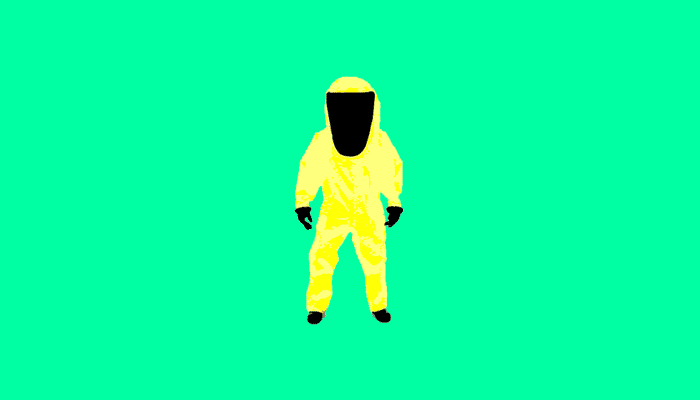
(Will Dendis)
Each year the Ulster County Resource Recovery Agency schedules three hazardous waste disposal days. Residents, but not businesses, may participate. An appointment is necessary and can be made online.
Schedule:
- April 13 UCRRA Office, 999 Flatbush Rd., Kingston
- July 20 NYSDEC Region 3 Office, 21 S. Putt Corners Rd., New Paltz
- October 19 UCRRA Office, 999 Flatbush Rd., Kingston
Here’s a list of qualifying substances:
- Aerosols
- Antifreeze, oil filters
- Automotive cleaners & fluids
- Bug & pest spray and mothballs
- Fire extinguishers
- Fluorescent bulbs (CFL’s, UV, tubes, spirals, etc.)
- Fungicides and wood treating chemicals
- Grease & rust solvents
- Household cleaners (oven, toilet, drain, carpet, window, disinfectant, all-purpose, etc.)
- Insecticides, pesticides, bug sprays
- Lead and oil-based paint
- Mercury, thermostats, thermometers
- Metal polishes
- Mineral spirits, turpentine
- Pesticides
- Pharmaceutical waste (expired/unused medications, vitamins, liquid medications, pet medications, and medicated lotions and lotions)
- Photo chemicals
- Poisons and corrosives
- Pool chemicals
- Rechargeable batteries
- Upholstery & rug cleaners
- Waste fuels (kerosene, gasoline, ect.)
- Weed killers, moth balls
- Wood cleaners, polishes, waxes
- Wood Stains, varnishes, sealants
Don’t bring:
- Alkaline batteries
- Asbestos
- Empty containers
- Etiological, pathological, or medical waste (SHARPS)
- Electronics (they can be disposed of for free at the UCRRA Office, 999 Flatbush Ave., Kingston)
- Explosives, ammunition, or fireworks
- Latex paint (can be disposed of in regular trash pickup, once solidified)
- Motor oil
- Smoke detectors and radioactive materials
- Waste in containers larger than 10 gallons
Why not just throw this stuff in the trash? Because:
- Hazardous products carelessly tossed in the trash can injure sanitation workers, damage collection vehicles, or leak into the environment.
- Some products, when poured down the drain or on the ground, can damage plumbing or septic systems, and pollute our water supplies.
Only a fraction of the content from our newspapers is published online. To read it all, subscribe to an Ulster Publishing paper today.
